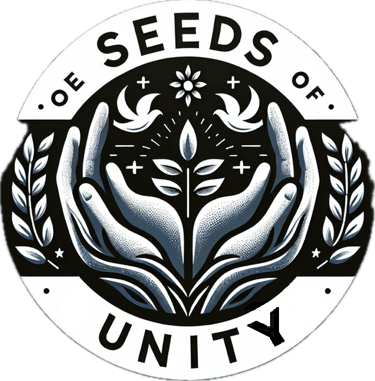The Muzzled Tongue: Freedom of Speech and the Fear of Cancellation
Bill Blackburn
11/23/2024


The Muzzled Tongue:
America boasts the First Amendment, a cornerstone of liberty guaranteeing freedom of speech. Yet, a chilling effect pervades our society. Many, despite this constitutional protection, remain silent, afraid to express their beliefs for fear of social or professional repercussions. This "culture of cancellation" raises a pertinent question: What does the Bible say about speaking truth in a climate of fear?
The Bible doesn't explicitly address "cancel culture," a 21st-century phenomenon. However, its teachings on speaking truth, standing for righteousness, and facing persecution provide a powerful framework for navigating this challenging landscape.
**Speaking Truth in Love:** Ephesians 4:15 urges us to "speak the truth in love," emphasizing that truth shouldn't be delivered with malice or arrogance. This suggests a balance – a courageous articulation of convictions, tempered with grace and respect. It acknowledges the importance of our message but also the manner in which we deliver it. Unloving, inflammatory speech can damage relationships and hinder the spread of truth.
**Facing Persecution:** Throughout scripture, believers faced persecution for their faith. Jesus himself warned his followers, "If the world hates you, keep in mind that it hated me first" (John 15:18). This doesn't mean we should recklessly invite conflict, but it does prepare us for potential opposition when we stand firm in our beliefs. The book of Acts is replete with stories of apostles facing imprisonment and hardship for proclaiming the gospel. Their unwavering commitment reminds us that following Christ might involve cost.
**The Weight of Silence:** Proverbs 31:8-9 describes the potential consequences of silence when injustice prevails: "Speak up for those who cannot speak for themselves, for the rights of all who are destitute. Speak up and judge fairly; defend the rights of the poor and needy." Silence in the face of wrongdoing can be as damaging as speaking falsehood. This isn't a call to be provocative, but rather to be a voice for the voiceless and to stand against oppression.
**Discernment and Wisdom:** While the Bible encourages speaking truth, it also stresses wisdom and discernment. James 1:19 reminds us to be "quick to listen, slow to speak, slow to become angry." We must choose our battles wisely, knowing when to speak boldly and when to hold our peace. This requires prayerful consideration and a reliance on the Holy Spirit's guidance.
The fear of social reprisal is real, but it shouldn't silence the voice of conscience. The Bible calls us to be bold in our faith, yet also wise in our approach. Finding the delicate balance between courageous truth-telling and loving engagement is a challenge for every believer, but one worth striving for in a world increasingly characterized by fear and self-censorship.
